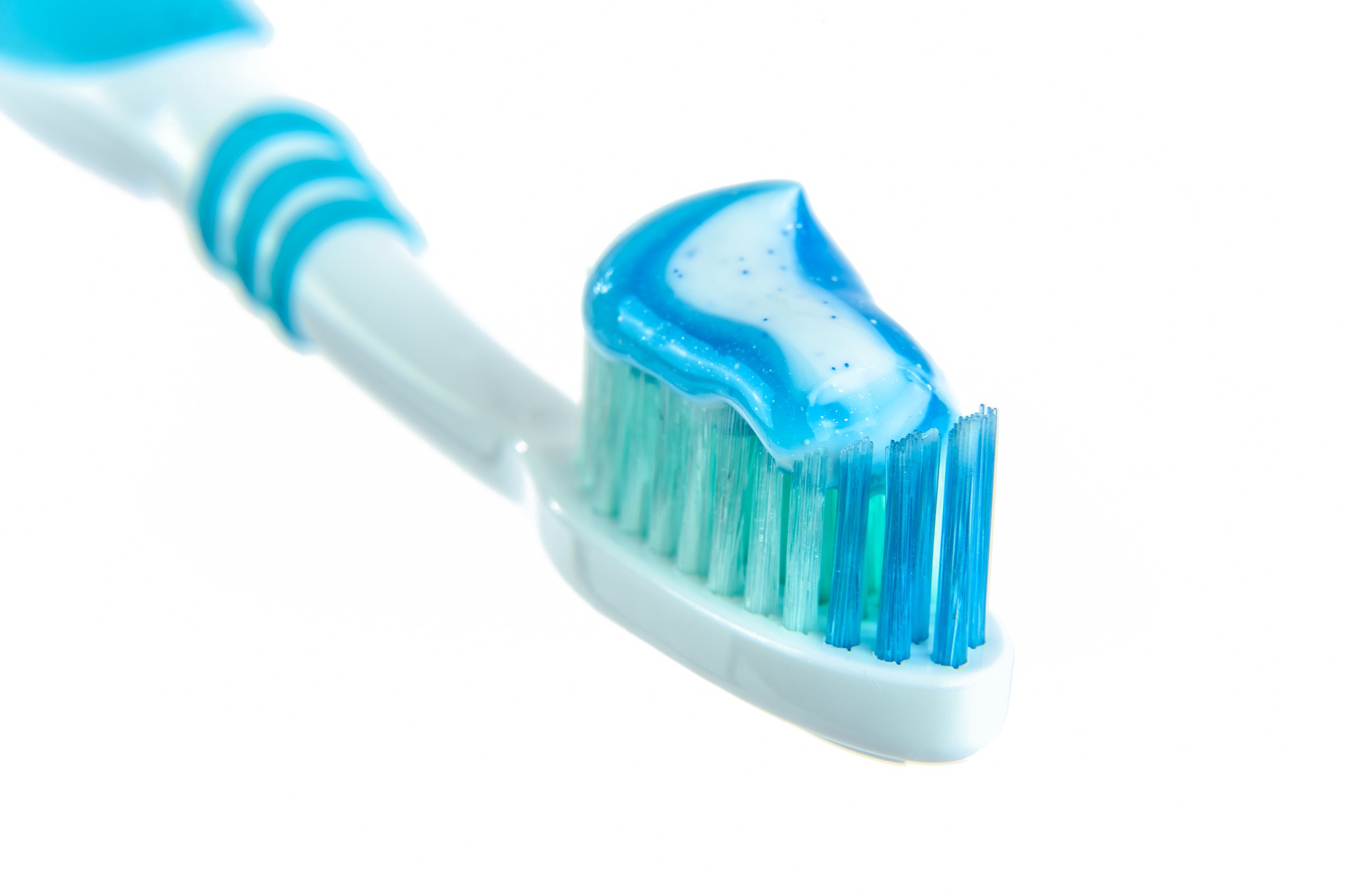Smoking is bad for your teeth
In our youth, probably most of us at least gave it a try, even if only to look “cool” and to not fall behind the circle of friends. Probably unsurprisingly, we’re talking about smoking here. For some of us, the calming “fag” is merely part of a temporary phase while, for others, it becomes a lasting habit or even an addiction. And those, who can or do not want to rid themselves of the habit of smoking, face not only constantly increasing cigarette prices and an array of potentially detrimental lung diseases, but also an increased likelihood of developing dental problems.How harmful is smoking for your teeth?
A large number of clinical studies have unfortunately proven that smoking poses quite a grave threat to the health of a smoker. Cigarette smoke includes roughly 5,000 substances of which approximately 100 most likely contribute to the development of cancer. Additionally, the constant consumption of cigarettes has also proven to be a leading cause for an array of serious dental problems, such as:- Yellow / discolored teeth – Cigarette smoke contains tars that leave unaesthetic yellow-brown-ish stains on teeth. Especially unfortunate is the fact that even the most vigorous brushing can never fully remove these stains. Also, such dental staining facilitates bacteria build-up which can ultimately lead to more serious dental conditions, such as caries (tooth decay) or periodontisis.
- Bad breath – The aforementioned build-up of bacteria can (combined with the strong smell of burned tobacco) result in very nasty breath.
- Tooth decay – A large accumulation of bacteria on one’s teeth coupled with a change in saliva composition (caused by smoking) can accelerate and worsen tooth decay.
- Periodontitis – According to several medical studies, the risk of gum line infections (and periodontitis) is by up to 15x higher among smokers than among non-smokers. Also, the disease intensity of periodontitis is often higher among smokers due to the fact that smoking weakens the immune system and slows down oral wound healing.
- Premature tooth loss – The consumption of only 5-14 cigarettes per day can double the risk of premature tooth loss.
- Implant loss – As a result of the slower rate of wound healing among smokers, the risk of wounds around new implants not properly healing and, as a result, those implants falling out is higher.
- Higher algesia (lower pain tolerance) – The constant consumption of nicotine and tars via smoking puts the immune system of a smoker in a constant state of detoxication. This reaction lowers the efficacy of local anesthesia (and, hence, pain reduction) during dental and other medical procedures.
- Weaker immune system – As already mentioned above, smoking weakens the immune system which can make it easier for other pathogens and germ to take hold and cause diseases.
- Oral cancer – Finally, smoking can accelerate the formation of malignant tumors inside the oral cavity, on the lips, on the tongue, and on the salivary glands.
Given this large number of potential risks associated with smoking, one may think twice before smoking that next “calming cigarette”.

Unfortunately, the list of the potential dangers of smoking is not quite complete without mentioning passive or second-hand smoking. Even if a person does not smoke, if he or she lives with someone who does smoke, they are still under an elevated risk of developing dental, gum, and jawbone problems. Such situations are even more tragic when small children who live with smoking parents are concerned.
How can smokers protect their teeth?
The best way to prevent the aforementioned risks of smoking is to never start smoking at all or, if it is too late for that, to quit smoking altogether. However, since neither of these options are feasible or desirable for some people, many dentists often pass on several key tips (in addition to 2 obligatory annual check-up visits) to smokers to help them with optimizing their dental care:- Thorough and regular dental care at home (2-3x brushing per day)
- Ideally, brushing immediately after cigarette consumption
- Switch to an electric toothbrush to maximize brushing effectiveness
- Use of a dentist-recommended chewing gum for smokers
- Regular professional dental cleanings performed by dentists (at least 2x, ideally 4x per year)
- 2 annual check-up visits to detect any cancer formation as early on as possible
Whether you are a smoker or not – careful and regular dental care is absolutely essential, which is why we from DentalAce wish everyone the best of luck and a hopefully short and sweet next dental check-up visit!

In the meantime, we would love to hear from you – please leave any thoughts and feedback in the comment box below and join our blog for free upon interest.


